The Quantum Systems Accelerator is led by Lawrence Berkeley National Laboratory, and Sandia National Laboratories is the lead partner of the center. It is one of five new Department of Energy Quantum Information Science (QIS) Research Centers.
The center brings together dozens of scientists who are pioneers of many of today’s quantum capabilities from 15 institutions: Lawrence Berkeley National Laboratory, Sandia National Laboratories, University of Colorado at Boulder, MIT Lincoln Laboratory, Caltech, Duke University, Harvard University, Massachusetts Institute of Technology, Tufts University, UC Berkeley, University of Maryland, University of New Mexico, University of Southern California, UT Austin, and Canada’s Université de Sherbrooke.
QSA’s team is dedicated to a mission of pairing advanced quantum prototypes — based on neutral atoms, trapped ions, and superconducting circuits — with algorithms specifically constructed for imperfect hardware to demonstrate optimal applications for each platform in scientific computing, materials science, and fundamental physics.
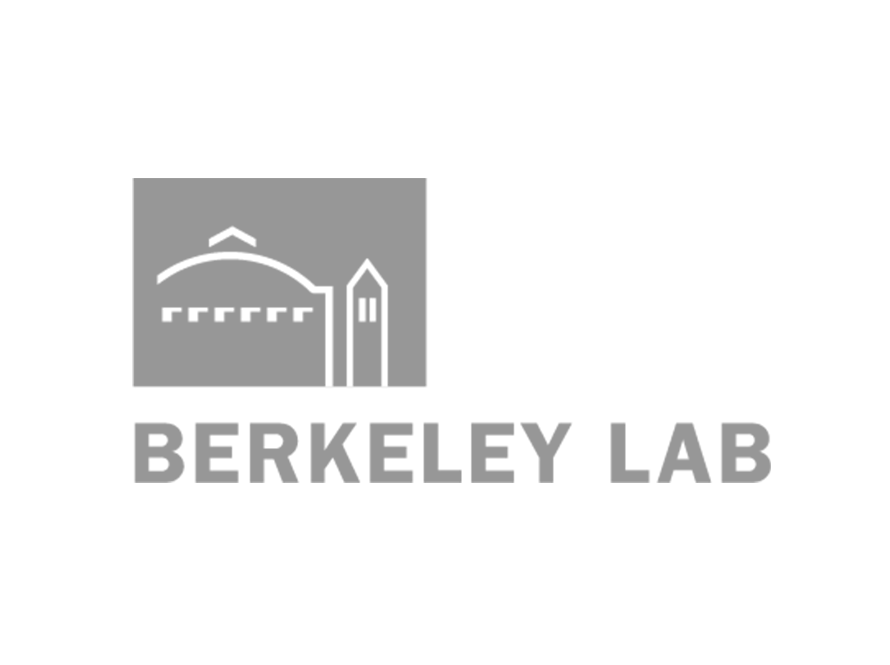


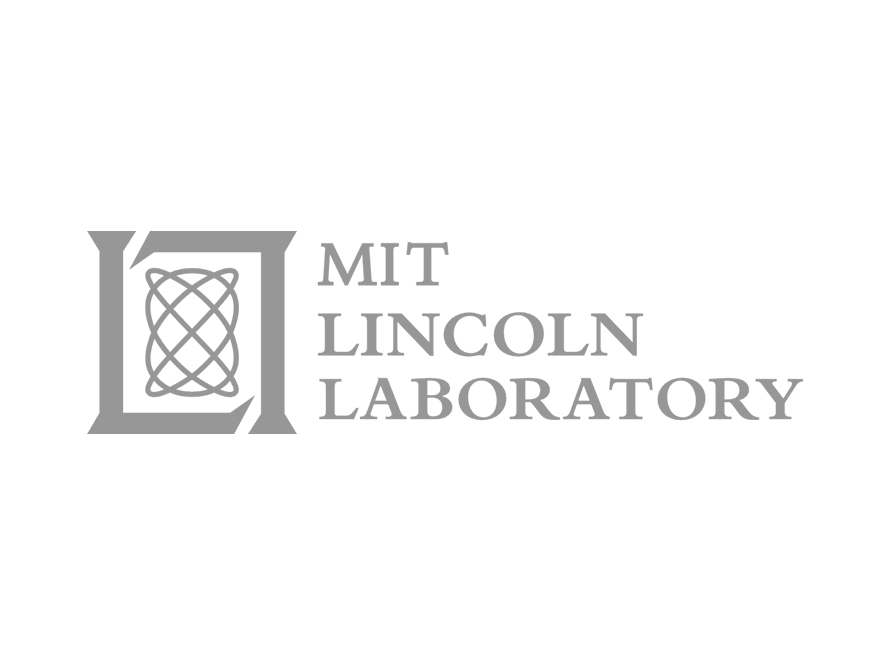
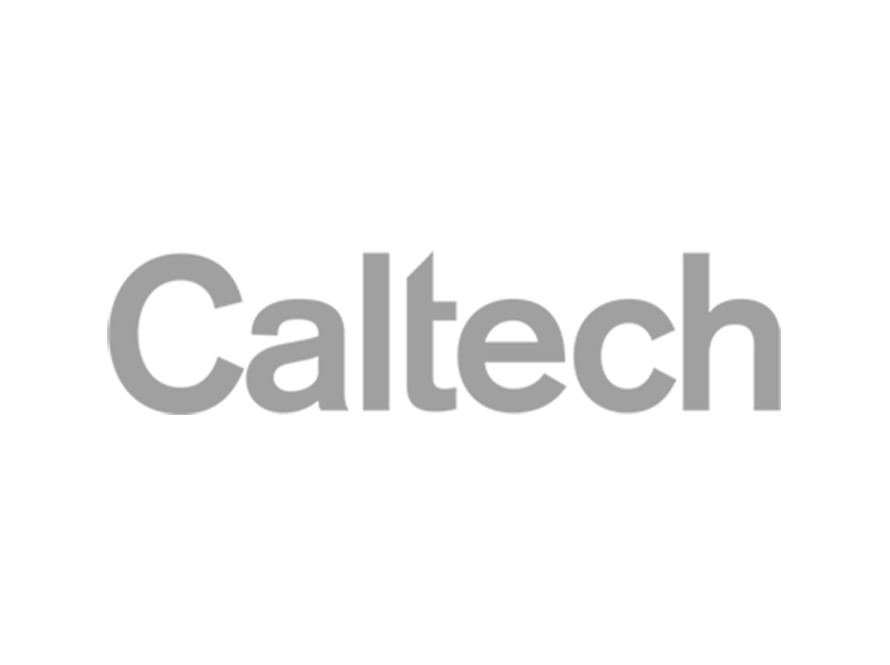

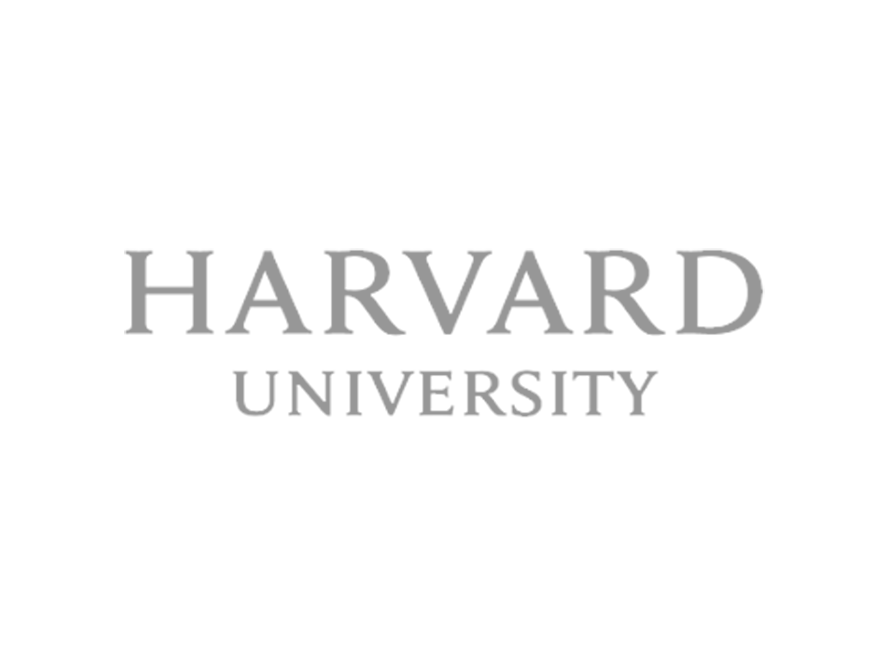


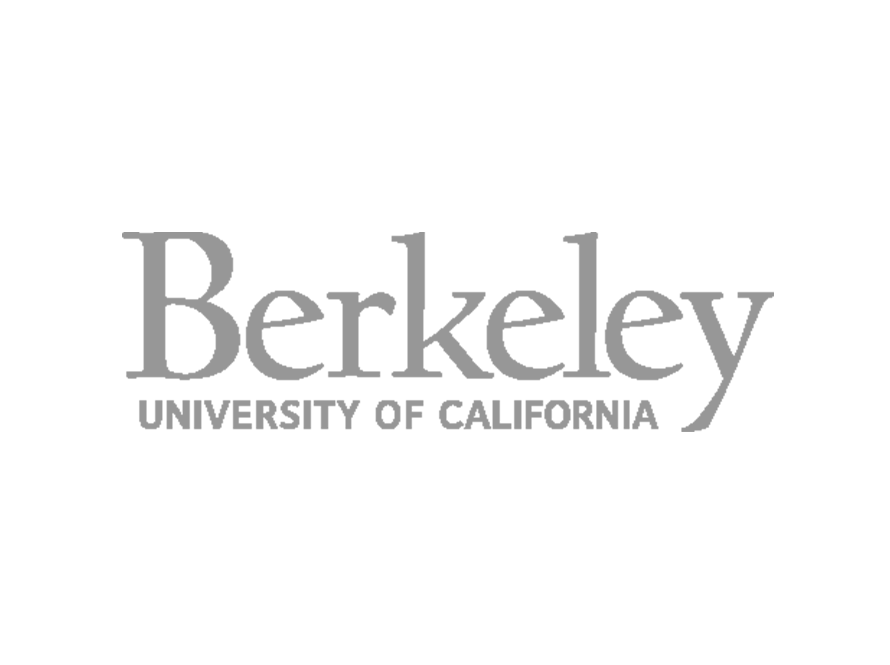



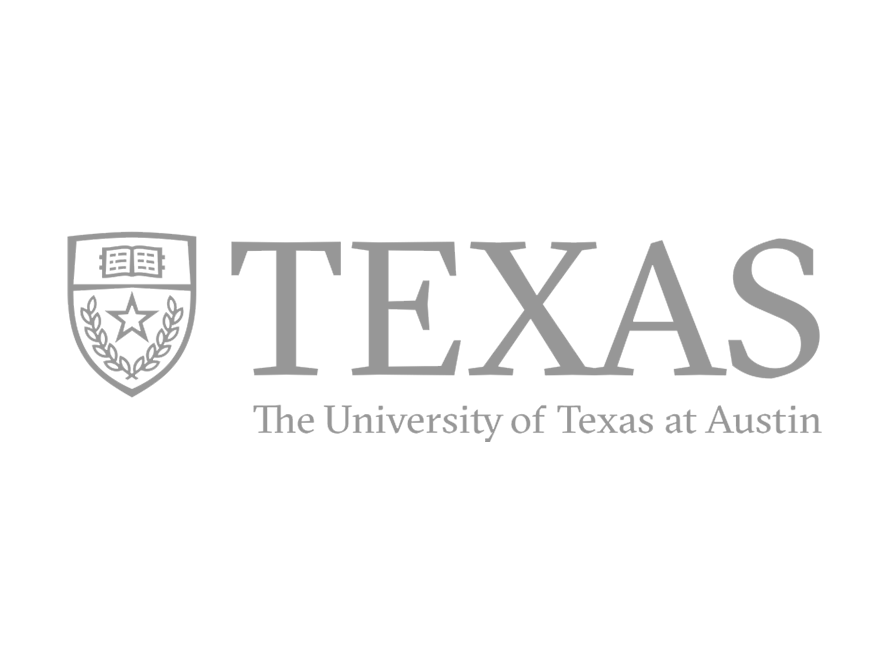
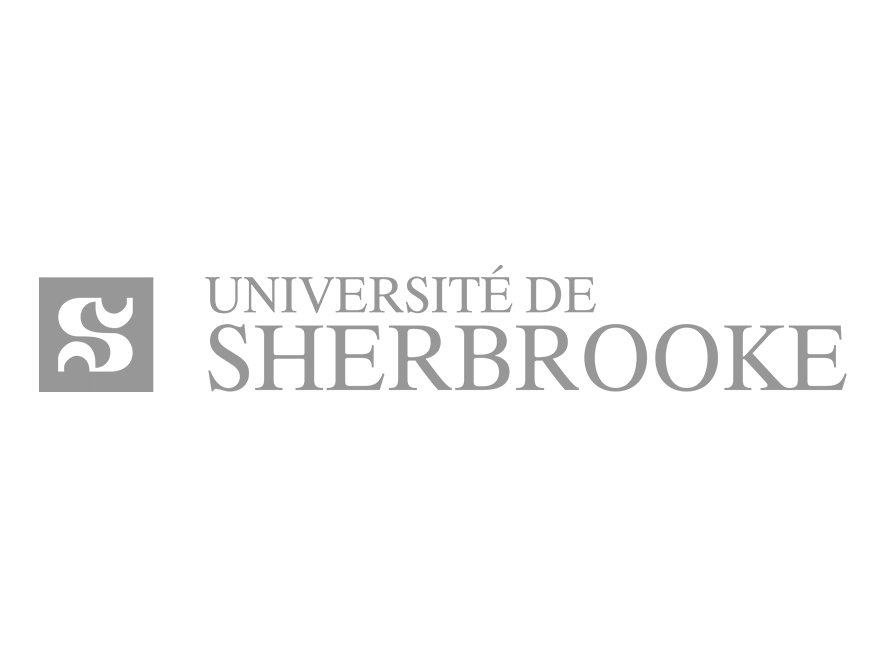
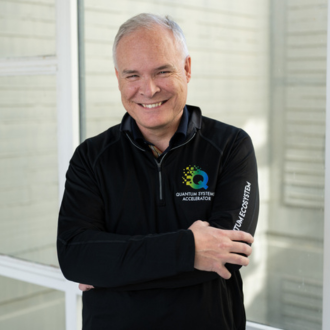
Bert de Jong leads the Applied Computing for Scientific Discovery Group, which advances scientific computing by developing and enhancing applications in key disciplines, as well as developing tools and libraries for addressing general problems in computational science. He currently serves as the Department Head for Computational Sciences.
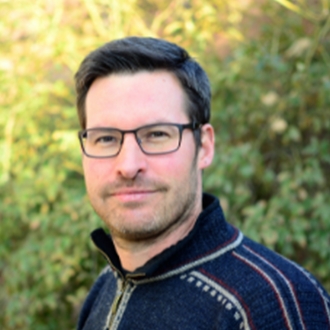
Daniel Stick is a recognized leader in developing micro-fabricated ion traps for quantum information applications. He received his BS from Caltech and his PhD from the University of Michigan. In 2012 he received a Presidential Early Career Award for Scientists and Engineers for research in trapped ion quantum computing.
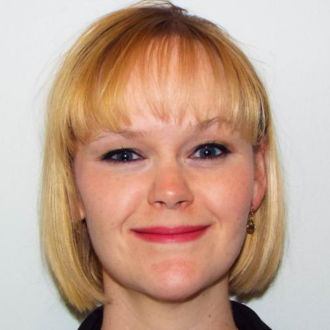
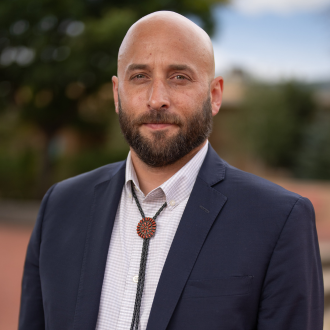
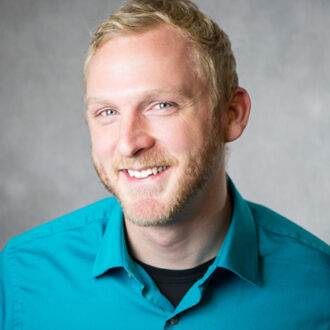
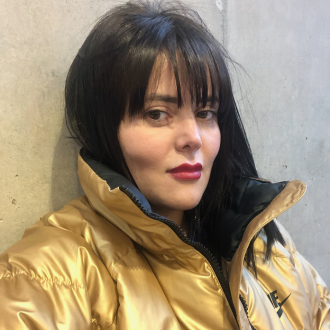
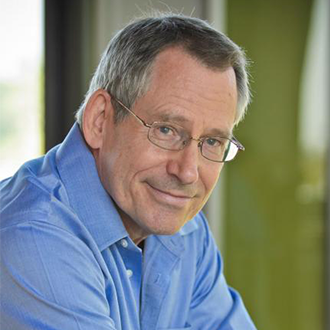
John Preskill is a recognized leader in theoretical quantum information, quantum computing, and quantum error correction. Preskill began his career in particle physics and cosmology, but now his main research area is quantum information science. He is a member of the National Academy of Sciences and a fellow of the American Physical Society.
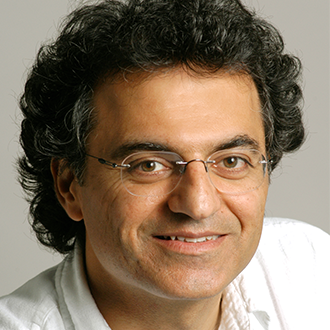
Umesh Vazirani is the Roger A. Strauch Professor of EECS and the co-director of the Berkeley Quantum Computation Center (BQIC). His research interests lie primarily in quantum computing.

William D. Oliver is jointly appointed a Lincoln Laboratory Fellow in the Advanced Technology Division and a Professor of the Practice in the MIT Physics Department. He also serves as the Associate Director of the MIT Research Laboratory of Electronics.
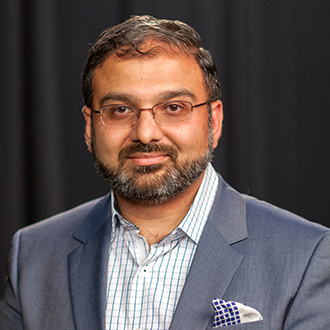
Siddiqi has been the Giancoli Chair of the Physics Department at UC Berkeley since 2023 and a professor of physics since 2006. Siddiqi is also a faculty scientist at Berkeley Lab's Applied Mathematics and Computational Research Division, directing the Advanced Quantum Testbed, a state-of-the-art research laboratory with advanced quantum computing based on superconducting circuits since 2018.
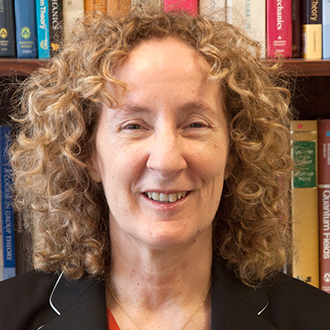
Birgitta Whaley is a recognized leader in quantum science at the interface between quantum physics and chemistry and biology. She works in quantum information and quantum computation, quantum control and simulation of complex quantum systems, with focus on implementation of quantum information processing, and on quantum effects in biological systems.
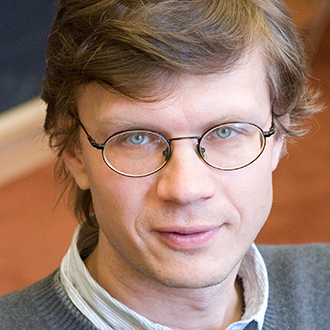
Mikhail Lukin is a recognized leader in the areas of quantum optics and atomic physics. His research emphasizes studies of quantum systems consisting of interacting photons, atoms, molecules and electrons coupled to realistic environments. He also serves as Co-Director of the Harvard Quantum Initiative and the Center for Ultracold Atoms.
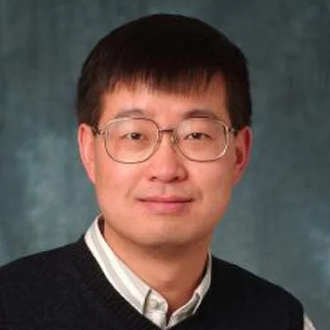
Jun Ye is a recognized leader in the development of new tools for light-matter interactions and their applications in precision measurement, quantum physics, and frequency metrology. He has co-authored 350 scientific papers and has delivered over 550 invited talks. Among his many awards and honors are N.F. Ramsey Prize (APS), I.I. Rabi Award (IEEE), I.I. Rabi Prize (APS), and W.F. Meggers Award (OSA).

Daniel Stick is a recognized leader in developing micro-fabricated ion traps for quantum information applications. He received his BS from Caltech and his PhD from the University of Michigan. In 2012 he received a Presidential Early Career Award for Scientists and Engineers for research in trapped ion quantum computing.
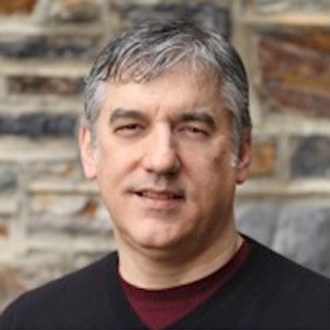
Christopher Monroe is a recognized leader in the field of quantum information science and atomic implementations of quantum computers and simulators. After demonstrating the first quantum gates in any platform in the 1990s, he has developed semiconductor-based ion trap chips, remote entanglement operations through photons, and quantum simulation protocols using trapped ions. He co-founded the company IonQ in 2016.
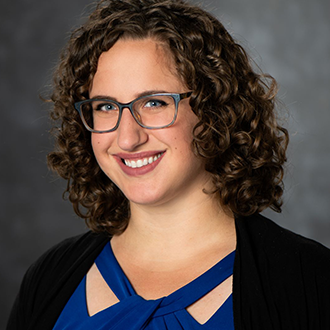
Dr. Mollie Schwartz is a technical staff member in the Quantum Information and Integrated Nanosystems group at MIT Lincoln Laboratory. She is leading programs and pursuing research in the area of superconducting quantum technology, with a focus on 3D integration and quantum algorithm implementation.
